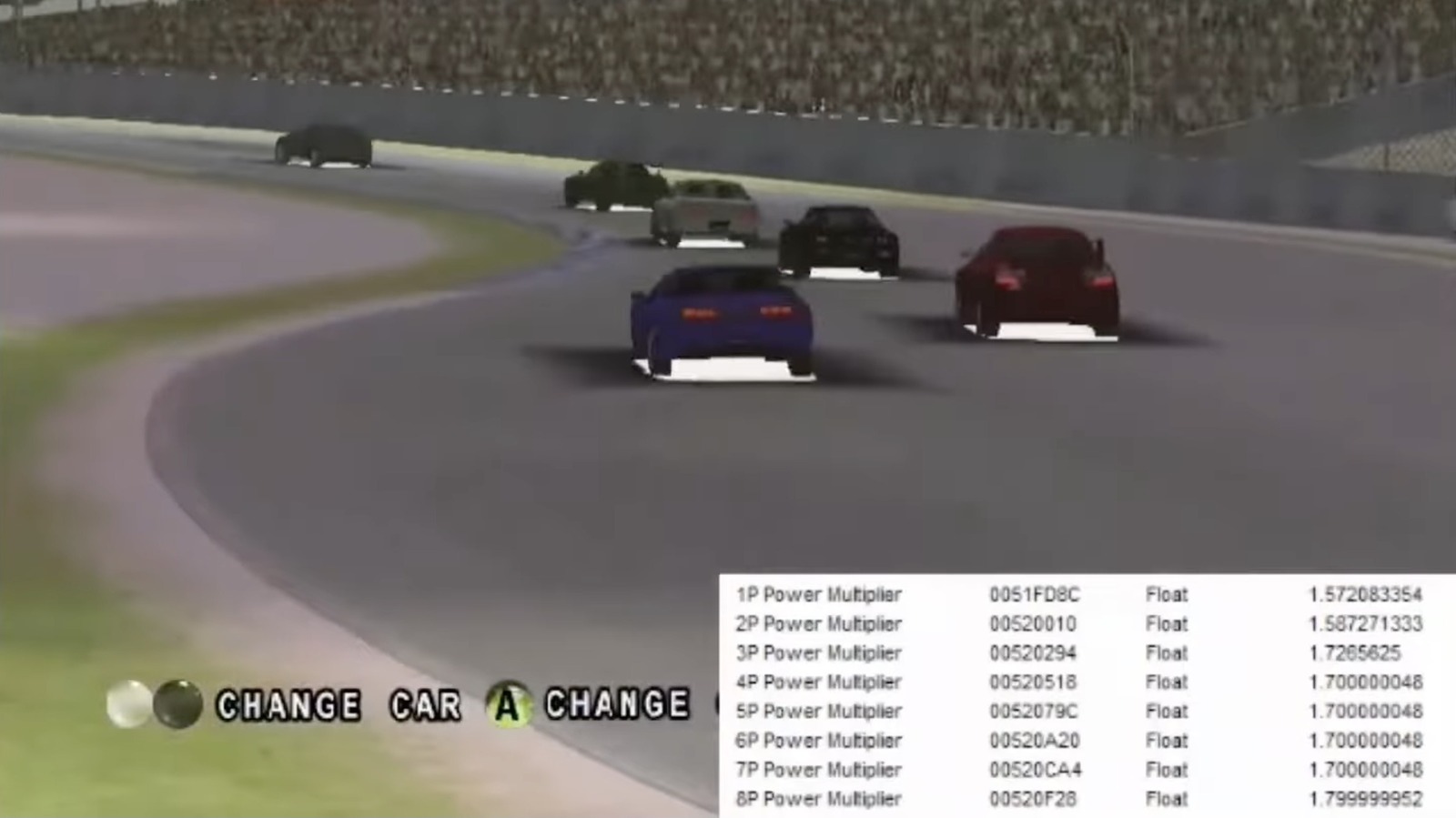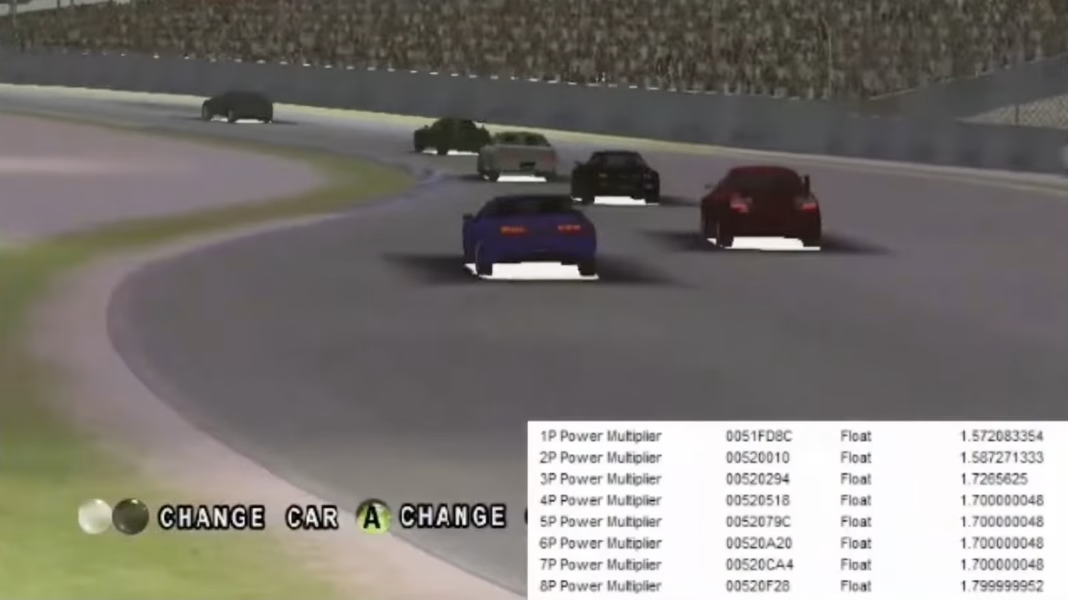Do Racing Games Really Cheat Players, or Is It Just Our Imagination?
Ever felt like your favorite racing game is out to get you? You’re not alone. Gamers have swapped stories for years about suspicious AI drivers, rubber-banding rivals, and last-lap disasters that seem a little too convenient. But is there any real evidence that racing games are designed to cheat human players, or is it just the heat of competition playing tricks on us?
Why Do Players Suspect Racing Games of Cheating?
Let’s be honest—almost everyone who’s spent time with a racing game has experienced that uncanny moment. You’re leading the pack, driving flawlessly, and suddenly an AI opponent rockets past you as if physics no longer apply. Or maybe you’ve noticed that no matter how well you drive, the competition always seems to catch up, especially near the finish line.
These moments aren’t just frustrating—they’re suspicious. Players have coined terms like rubber-banding to describe the way AI opponents seem to magically close gaps or slow down depending on your performance. It’s easy to see why some might think the game is rigged.
What Is Rubber-Banding, and Why Do Developers Use It?
Rubber-banding is a game design technique where AI-controlled cars speed up or slow down dynamically to keep races close and exciting. If you’re way ahead, the AI gets a boost. If you’re lagging, they might ease off the gas. The idea is to prevent races from becoming boring blowouts, keeping the adrenaline pumping until the very last turn.
Developers have admitted to using rubber-banding in some titles. For example, the Mario Kart series is famous for its “Blue Shell” mechanic and AI that seems to get suspiciously fast when you’re in first place. Even more realistic sims like Gran Turismo and Forza have been accused of tweaking AI performance behind the scenes.
Is There Hard Evidence That Racing Games Cheat?
While there’s plenty of anecdotal evidence, finding hard proof is trickier. Some dedicated gamers have dug into game code or run controlled experiments. In one well-known case, players discovered that certain racing games adjust AI speed based on the player’s position, confirming that rubber-banding is more than just a myth.
Academic studies have also looked at dynamic difficulty adjustment in games, noting that it’s a common practice to keep players engaged. A 2021 paper published in the journal Entertainment Computing found that adaptive AI can improve player satisfaction, but only when it’s subtle enough not to feel unfair.
However, not all racing games use these tactics. Some, especially hardcore simulators, pride themselves on offering a level playing field. The key is transparency—when players know what to expect, they’re less likely to feel cheated.
How Can You Tell If a Game Is Cheating?
Spotting rubber-banding or other AI tricks isn’t always straightforward. But there are a few telltale signs:
– AI cars that suddenly gain or lose speed for no apparent reason
– Rivals who seem to recover from crashes or mistakes impossibly fast
– Consistent patterns where the AI always catches up near the end of a race
If you’re curious, try running a few races where you deliberately slow down or speed up and see how the AI responds. Some players have even used video analysis or frame-by-frame breakdowns to catch games in the act.
Are There Legitimate Reasons for These Design Choices?
Absolutely. Game developers walk a tightrope between realism and fun. If the AI is too easy, players get bored. Too hard or unfair, and they get frustrated. Rubber-banding and similar mechanics are meant to keep things exciting, especially for casual players who might not want to spend hours perfecting their lap times.
Think of it like the “house edge” in a casino—just enough to keep you coming back, but not so much that you feel robbed. When done well, these systems can make for nail-biting finishes and memorable moments. When done poorly, they can ruin the experience.
What Can Players Do If They Feel Cheated?
If you’re finding a game’s AI too frustrating, check the settings. Some games let you adjust difficulty or turn off certain features. Online forums are also a great place to swap tips or find mods that tweak AI behavior.
And remember, not every close race is a sign of cheating. Sometimes, it’s just the thrill of competition—and maybe a little bad luck.
The big takeaway? Racing games aren’t about perfection—they’re about smarter adjustments. Start with one change this week, and you’ll likely spot the difference by month’s end.


